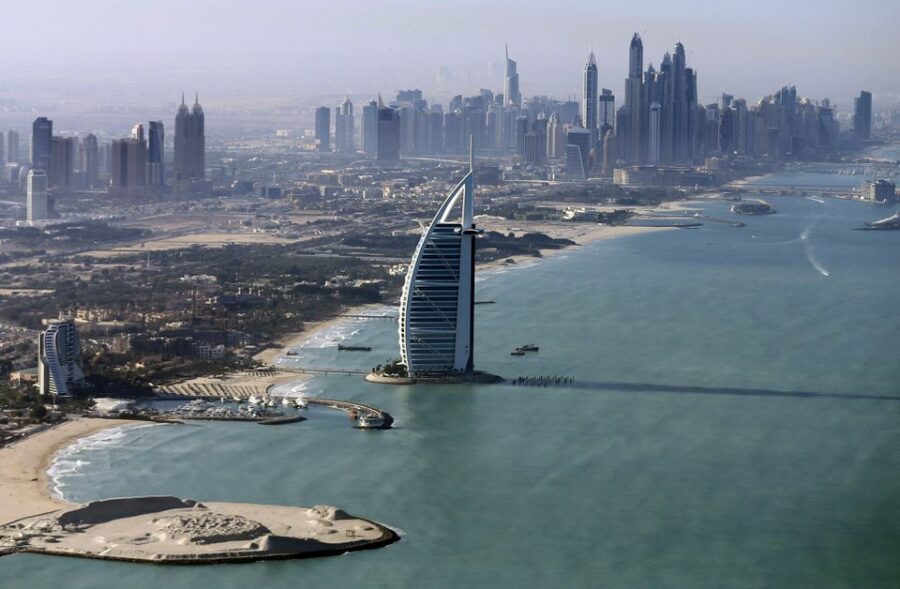The Standard & Poor (S&P)’s Global UAE Purchasing Managers’ Index (PMI) showed that business activity maintained strong growth in April, but inflationary pressures loomed.
According to the latest index data from S&P, the UAE’s non-oil private sector sustained a robust level of activity growth in April, boosted by stronger consumer demand and a sharp increase in exports.
However, soaring energy and material prices as a result of the Russian-Ukrainian conflict, as well as the chaos induced by the Covid-19 pandemic, resulted in yet another significant increase in the production inputs costs, prompting companies to raise their selling prices for the first time in nine months.
The Index also highlighted the impact of ongoing inflationary pressures on the drop in market confidence to its lowest point in four months.
S&P Global UAE PMI slipped marginally to 54.6 in April from 54.8 in March, remaining above the series average of 54.1 and above the 50.0 mark that separates expansion from contraction.
The output sub-index rose to 61.5 from 60.5, which survey respondents largely attributed to rising orders, ongoing projects, and increased marketing. It was the sharpest growth recorded in 2022.
According to the findings, “For now, businesses continue to enjoy strong sales growth, which allowed them to increase their output at the fastest rate in 2022 so far in April. On the flip side, optimism around future activity slipped to a four-month low as some firms expressed concerns that inflationary pressures and the competitive landscape will make output and profit gains harder to achieve.”
The rise in production inputs prices continued to pressure the UAE’s non-oil sector during the month of April, according to David Owen, the economist at survey compiler S&P Global.
He added that cost pressures remained at their highest levels in more than three years, driven by the rise in fuel and raw materials prices due to the Russo-Ukrainian war.








